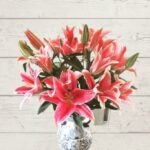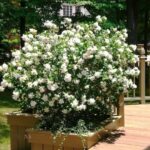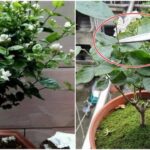1. Tulips
Tulips are inherently toxic and prolonged exposure can lead to hair loss, including eyelashes.
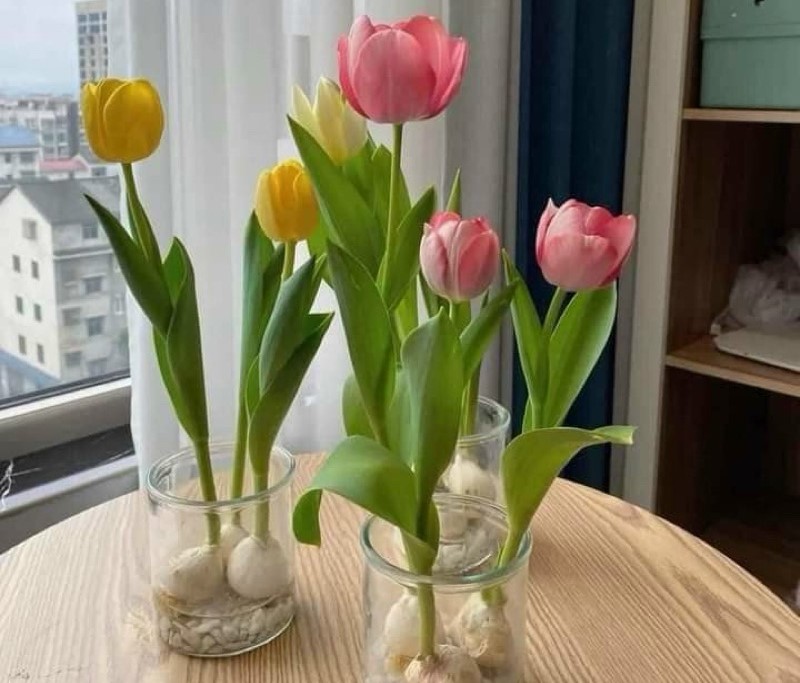
Tulips are Poisonous Flowers
It is recommended to not spend more than two hours around tulips. If you have them indoors, the released toxins can cause baldness. Tulips are considered poisonous and are believed to bring bad luck in feng shui. To protect yourself and your family, avoid planting them indoors, especially in your workspace.
2. Night-blooming Jasmine and Other Fragrant Flowers
Night-blooming jasmine releases tiny particles into the air that can irritate the sense of smell and cause shortness of breath and dizziness, especially for those with a history of heart disease. This can negatively impact the energy and well-being of the household.
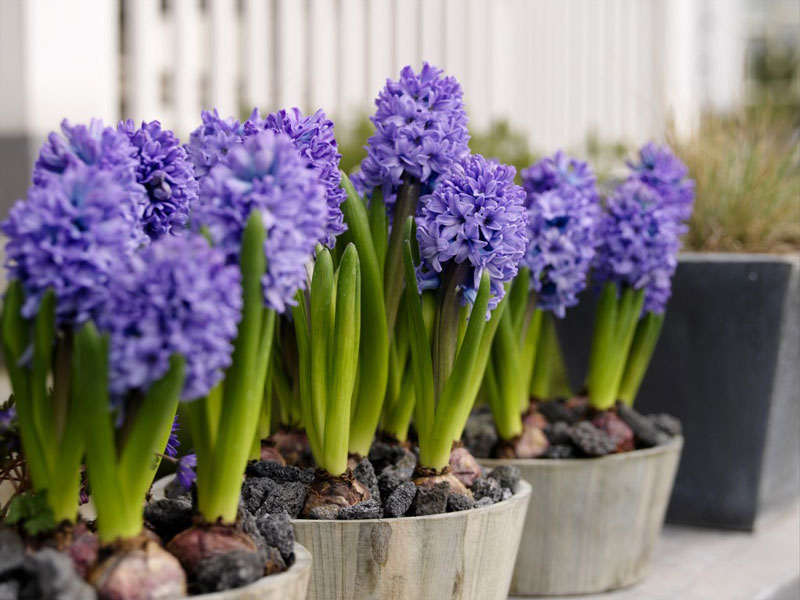
Flowers with Overpowering Scents Can Cause Shortness of Breath
3. Pointed Leaves and Shading Plants
In Vietnamese culture, plants from the Polypodiaceae and Araceae families, such as ferns and colocasia, are believed to bring negative energy due to their pointed leaves. These plants are thought to represent “hostile energy” and are not considered good for the home environment.
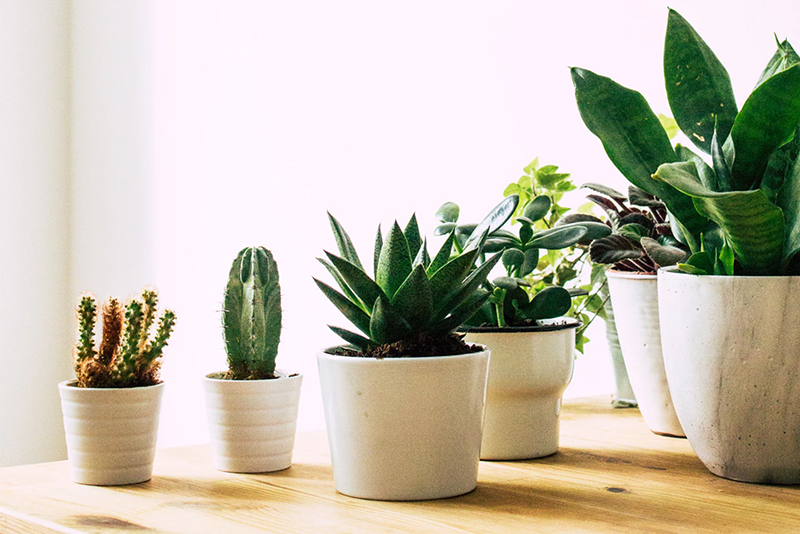
Pointed Leaves are Considered “Hungry Energy” in Vietnamese Culture
4. Bonsai Trees
Despite their delicate beauty, bonsai trees are commonly found in cemeteries and gravesites. While they may be aesthetically pleasing, it is recommended to avoid planting them indoors to prevent any potential bad luck.
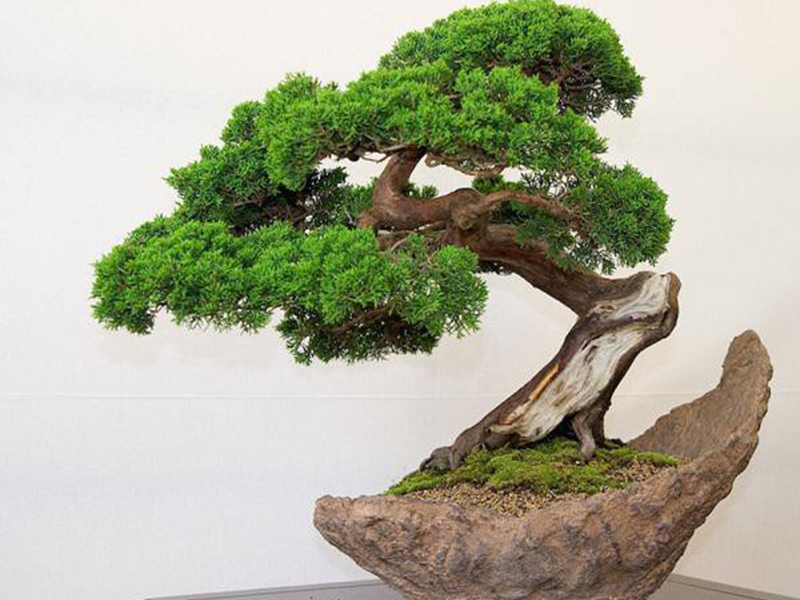
Bonsai Trees: Beautiful but Best Avoided Indoors for Good Feng Shui
The natural characteristics of certain plants can negatively impact your health and the feng shui of your home. If you’re looking to bring greenery into your space, consider avoiding the plants mentioned above.
Disclaimer: This article is for informational purposes only and should not be solely relied on for decision-making.
The Top 3 Home-Related Don’ts for July: Superstition or Savvy?
In many cultures, the seventh month of the lunar calendar is considered a time to avoid undertaking any significant home-related projects. Superstition dictates that any renovations or significant changes to one’s home during this period may result in unforeseen troubles and challenges. It is believed that by refraining from such activities, one can avoid any potential negative consequences and maintain harmony within their living space.
“The Secret to Year-Round Blooming Jasmine: A Magical ‘Stinky’ Water Solution”
For those seeking to enhance the beauty and fragrance of their jasmine flowers, these gardening enthusiasts offer a unique tip. They suggest that by watering your plants with a special “stinky water” concoction, you can encourage a hundred large, vibrant blooms, each more exquisite than the last, and all while intensifying the scent of your jasmine.


























